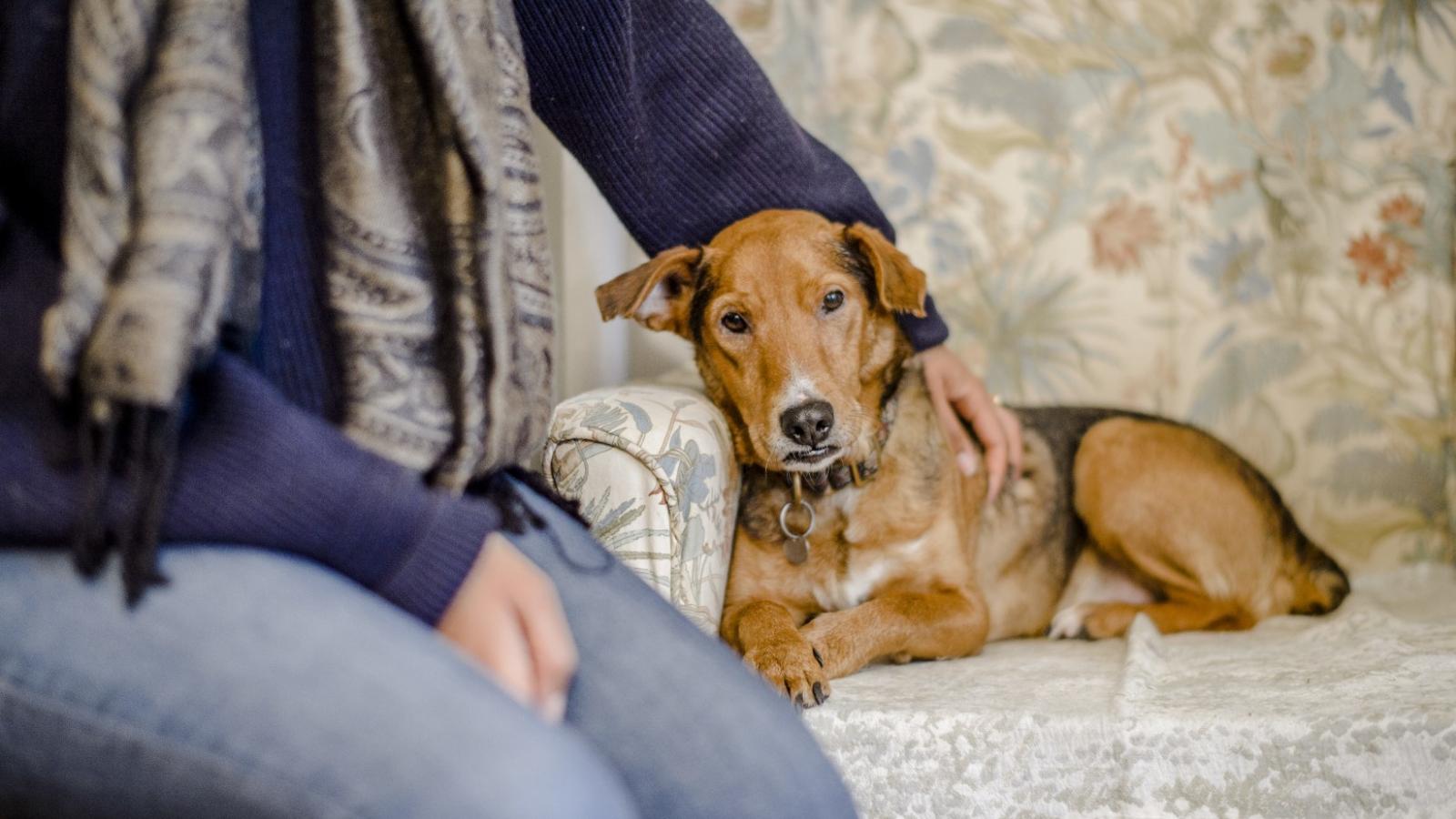
When an owner or fellow housemate passes away, dogs show signs that could be interpreted as grief. They may experience:
• loss of appetite
• change in sleep patterns
• crying
• searching
• a need for extra attention
• a generally sad demeanor
But you should also note you may not witness any of these changes.
Do dogs experience grief?
Many accounts imply that animals experience what humans term “grief,” including the realization that the departed will not return, although there is no scientific evidence to support this. What we do know is that loss affects many species and causes emotions of melancholy and loneliness.
When a human or pet with whom a dog has spent a significant amount of time dies, their usual pattern is likely to shift. This interruption may upset or stress dogs, and you may notice a change in their behavior, including the indicators, indicated above.
Dogs may also respond if they see you are in mourning. When humans are clearly unhappy, their behavior changes and your pet may pick up on this or get confused.
When another pet in the house dies, dogs may exhibit no signals at all. If there was no special link between the dead pet and the surviving dog, your dog may seem unaffected by the loss.
How can I assist my bereaved dog?
Being there for your dog is the most important thing you can do. Dogs are creatures of habit, so maintaining their routine as regularly as possible can help them avoid the stress of interruption. Maintain consistent meal times and a consistent diet. Check that they are eating, drinking, and using the restroom correctly.
When a person or pet they spend a lot of time with no longer walks through the door at the same time every evening, or isn’t there to participate in the joy of going for a walk, dogs may suffer anxiety. If your dog comes to you for a snuggle, it’s OK to soothe them.
Praise your dog for calm behavior and dismiss the behavior that should be avoided. It’s painful to watch your dog waiting for a family member who you know will not return, but try not to stress your dog while they wait since you will encourage them to wait longer. Instead, either leave your pet alone or encourage them to leave their waiting location and come play with you.
Pheromones may aid in the relaxation of anxious dogs. Inquire with your veterinarian about them.
Spend some time focusing on your relationship with your surviving pet. Consider what makes them happy and go above and beyond. For some dogs, this may be plenty of attention, while for others, it may be training, play, or longer walks. Loss impacts us all, human or animal, but we deal best when we care for one another.

Should I show my surviving dog the corpse of my deceased pet?
If your family pet died for a reason that does not pose an infection risk to your surviving dog and you are comfortable doing so, you may show your dog the corpse of your departed pet.
Be mindful that the corpse may smell different than it did while your pet was alive, which may distress your dog and make them behave in ways that are not as calm and respectful as you would expect. Remember that dogs do not have the same sense of reverence for the deceased that humans have.
Should I adopt a new pet to keep my old dog company?
When a pet dies, it might be tempting to obtain another right soon, not just for your personal benefit, but also so that your surviving pet has a friend, but don’t hurry into this choice.
Dogs are gregarious creatures who live in family groupings, so if the couple is a suitable fit, your surviving dog will likely adjust well to a new canine.
Introductions should be done gently. Only obtain a new pet if you believe it is best for you, your family, and your pets.